Sundays in BK: Anthony Morris Keeps Industry Alive in Greenpoint
PHOTOGRAPHY The Sunday Photographer
Back before it became a trendy destination known for its brunch spots, farmer’s markets, Smorgasburgs and filled with organic eateries, Brooklyn was a place of industry, a place where immigrants settled and made lives for themselves utilizing what they had brought with them, their crafts.
Many of the remnants of Brooklyn’s industrial identity have been knocked down, or worse yet, converted to even trendier condo’s with “original wood floors” or “exposed brick walls.” Left among the remnants of industry, and housed within the historic Leviton facility in Greenpoint, Brooklyn, New York, is a cabinet-maker and fine furniture woodshop named Walter P. Sauer.
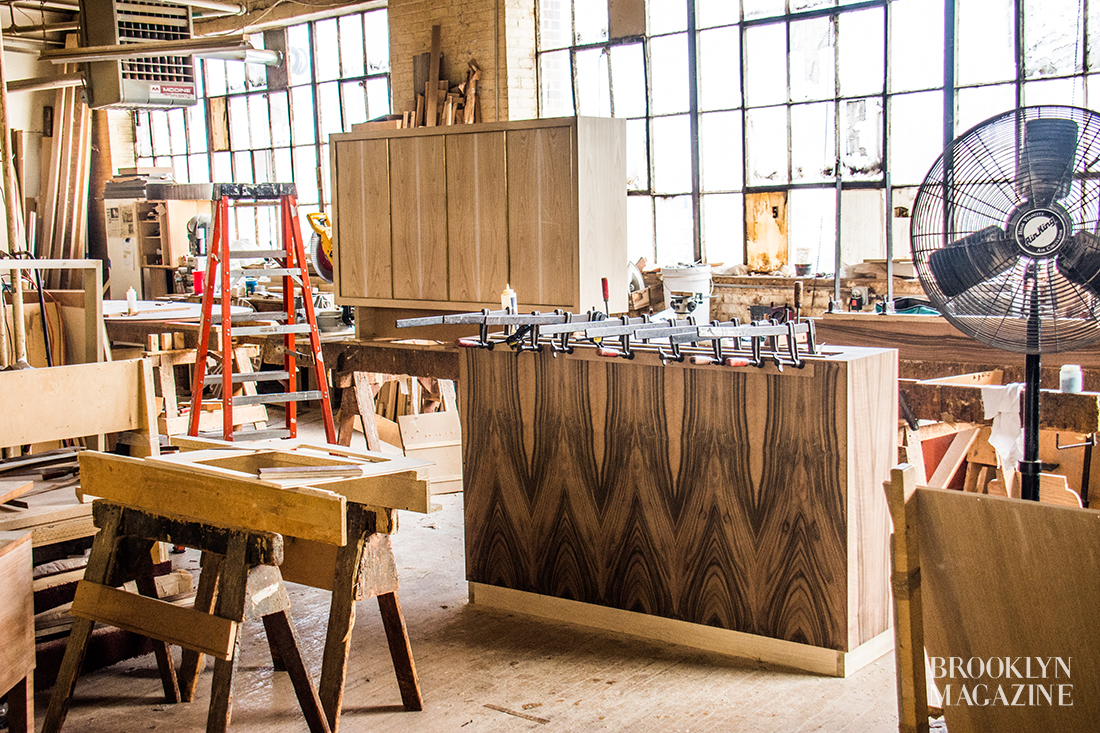
Walter P. Sauer was first opened for business in 1886 by German immigrants, and though it has migrated from its original home on the East Side of Manhattan, first to Long Island City and now to its current home in Greenpoint, it has been in business for one hundred and thirty-two consecutive years. Walter P. Sauer grew during a period when New York City was a Mecca for custom cabinet-making of “European Quality” within the United States.
Anthony “Tony” Morris started at Walter P. Sauer on May 29, 1974 as one of the first American-born employees ever hired. Morris says that he was lucky to have “learned cabinet making from [one of] the last great generation of woodworkers.
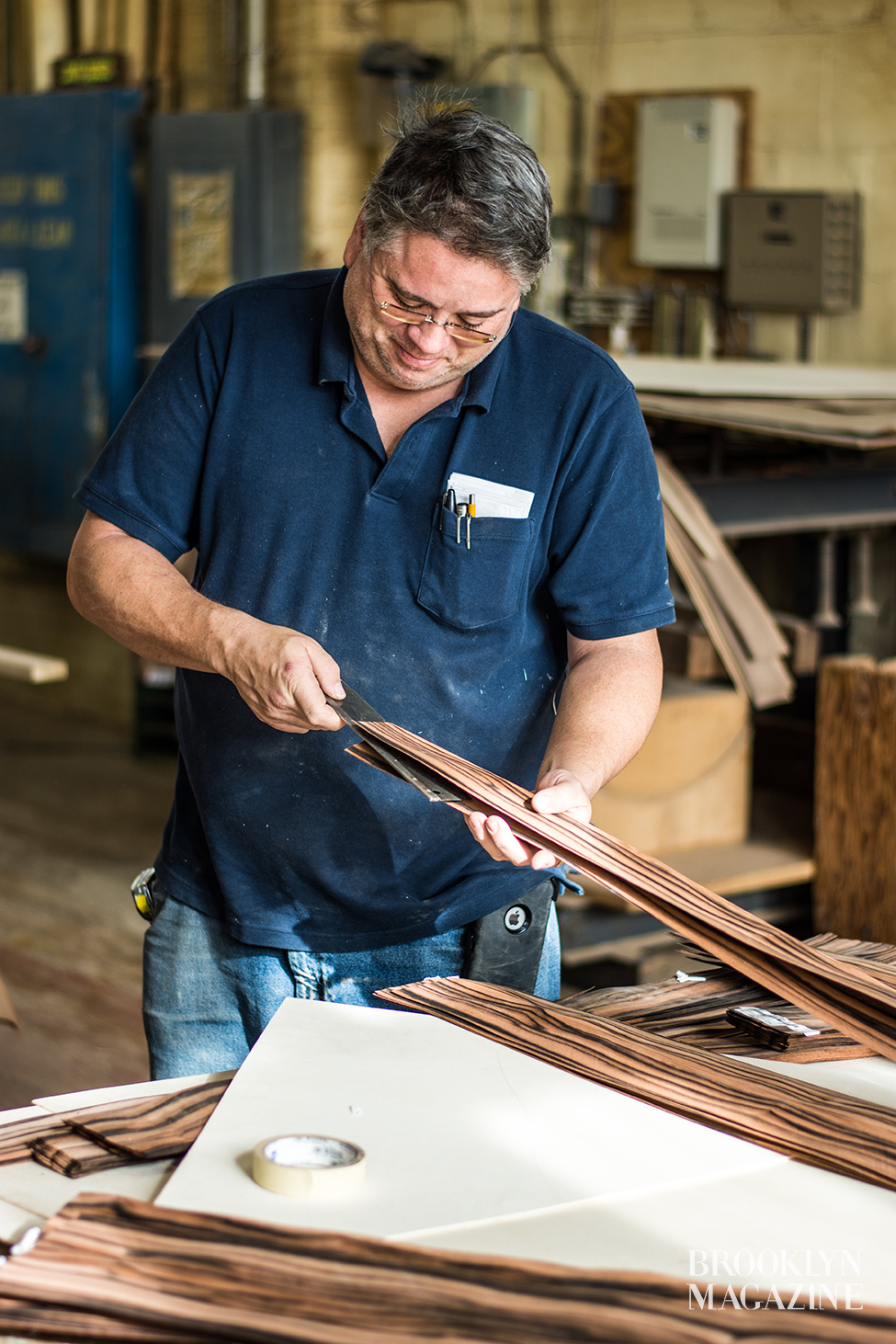

Under Morris, Walter P. Sauer has grown from a cabinetmaker’s shop to a shop making “custom furniture and built-in cabinetry in the tradition of the highest era of French cabinetry” while also furniture in any style, period or material. Essentially, in the words of its owner, Walter P. Sauer is “truly custom in a truly traditional way,” utilizing traditional technique and refining or retooling it “to custom needs” without pigeon-holing itself “to any one type of furniture or material.”
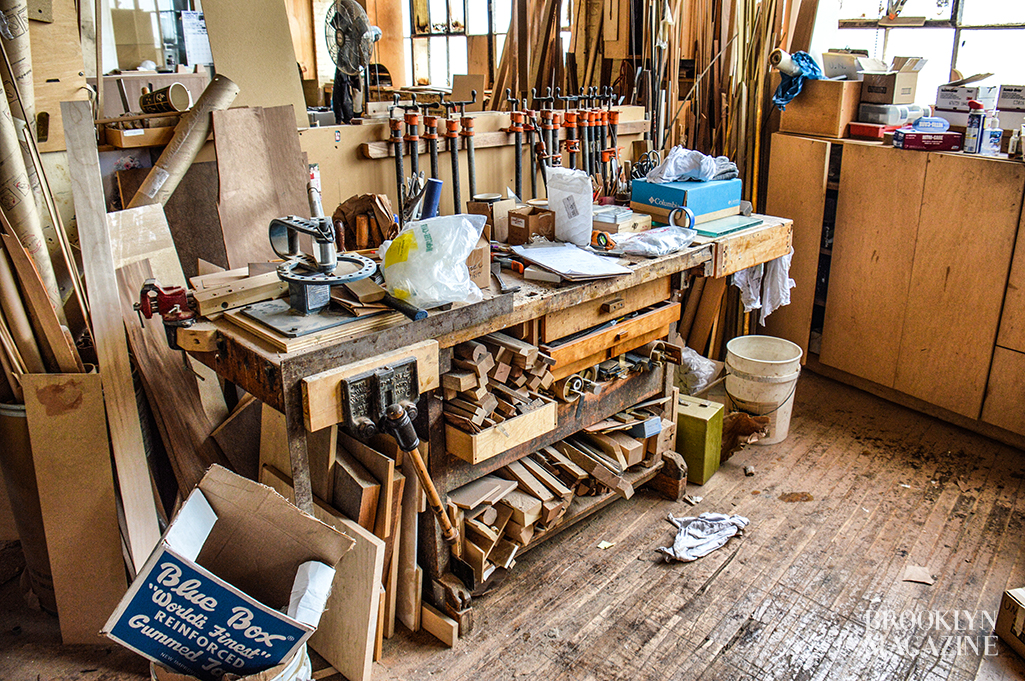

Morris compares Brooklyn’s change over the past twenty-two years to the West Village or SoHo back when the artists took over, boasting real diversity and creative energy because Brooklyn boasts “as many artists as businessmen [and women].”
With the rise of assembly-line furniture companies such as Ikea, the number of custom woodworking shops is dwindling. Despite never buying into computerized production methods, Walter P. Sauer is an institution, surviving and thriving because of Morris’s belief that there is no comparison to what human hands can craft. “Carpentry,” Morris says, “is a way of bringing industry and art together.” Morris goes on to quote the English poet and social critic John Rushkin: “Life without industry is guilt, industry without art is brutality.”
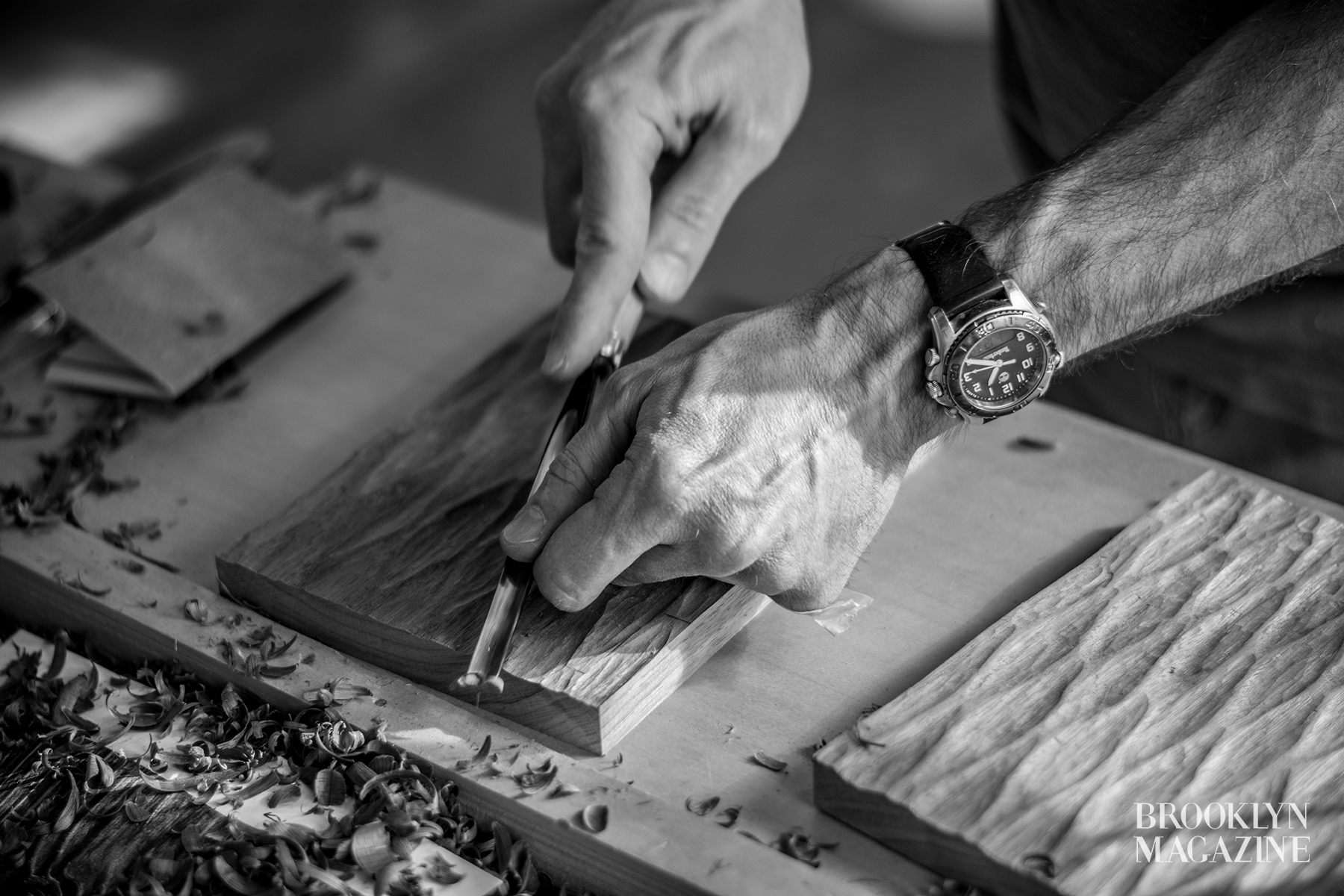

Despite the ever-changing neighborhood closing in around it, the humming of machinery still echoes up Greenpoint Avenue and to walk into Walter P. Sauer is to see the industrial tradition persevere, alive and well.
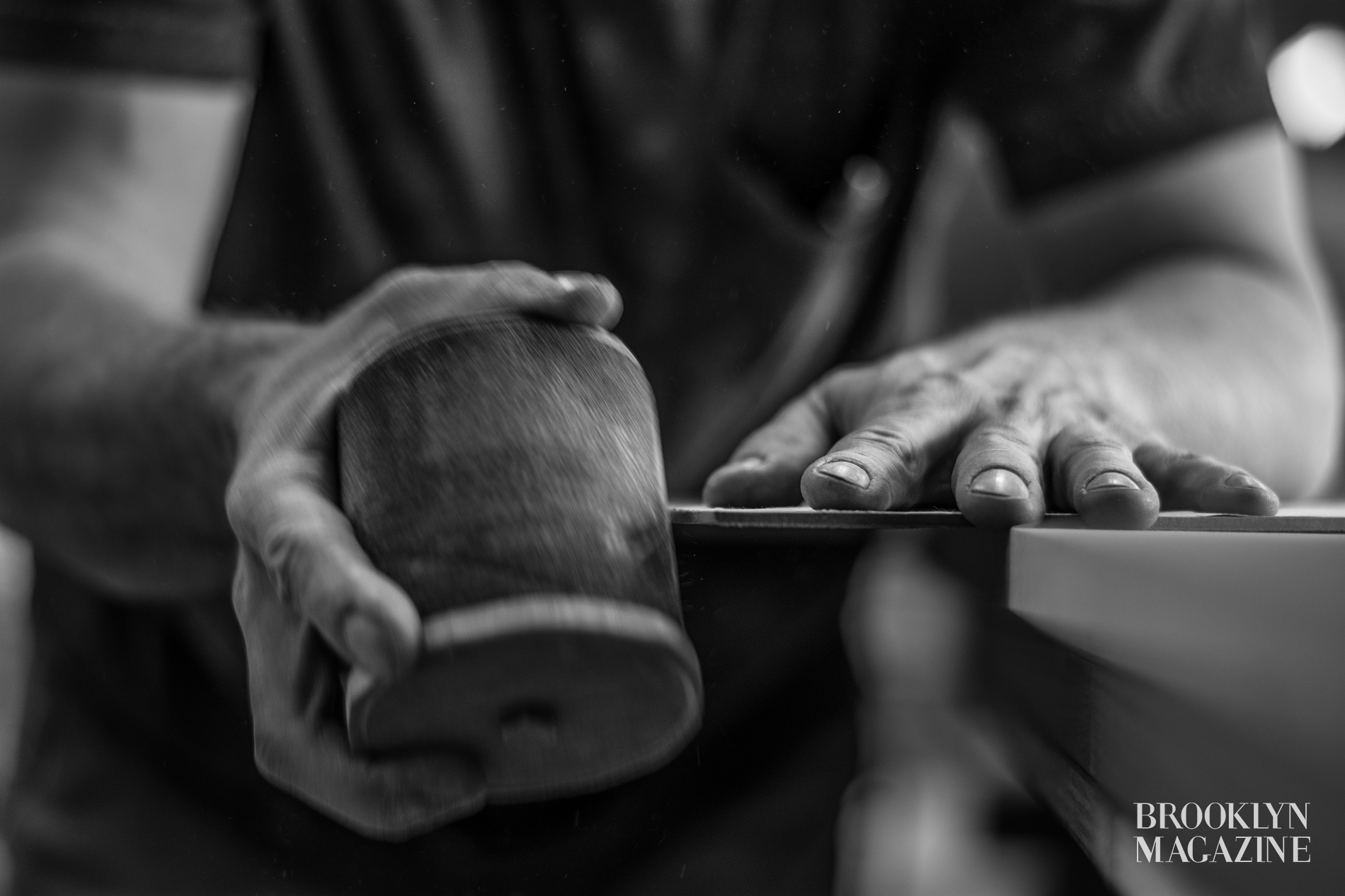

You might also like 


























